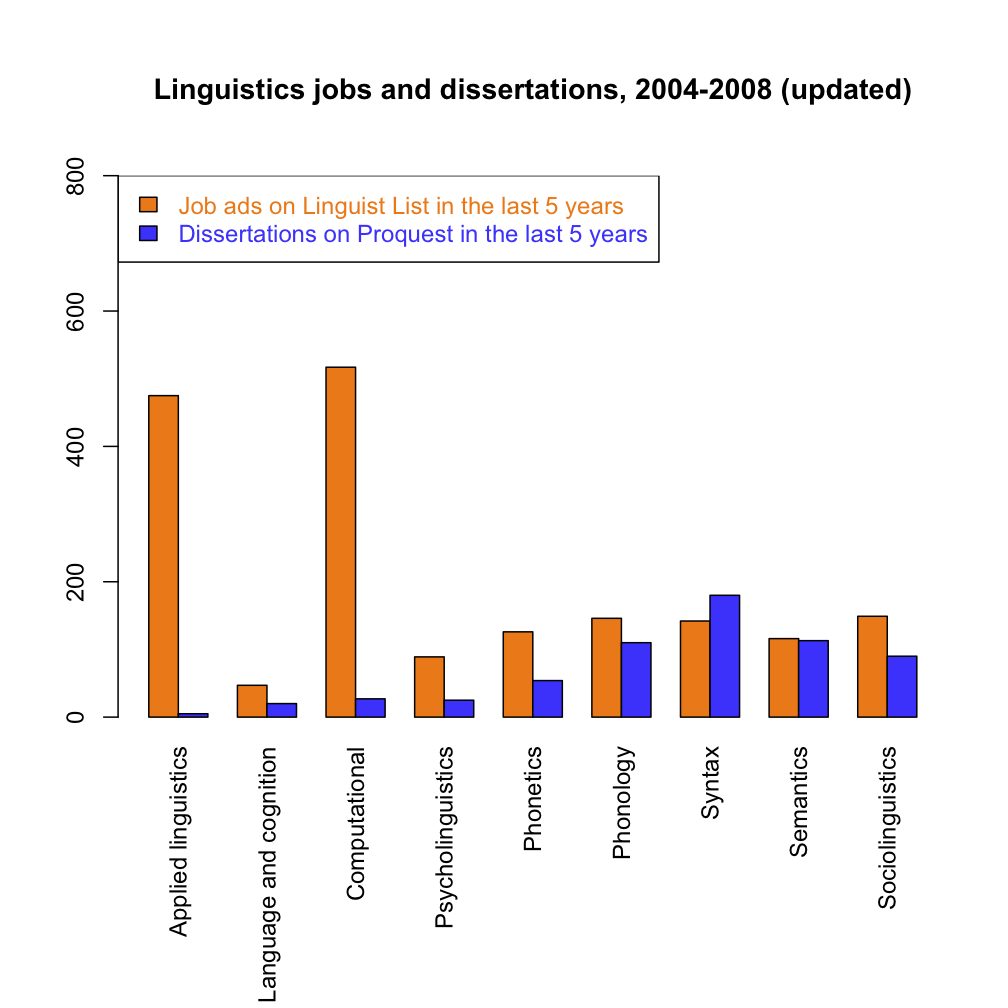Mary Kate Cary ("Barack Obama Journeys From 'Yes We Can' to the Imperial 'I'", U.S. News and World Report, 6/9/2009) joins the media chorus:
"The Great I Am." That's what Dorothy Walker Bush, the matriarch of the Bush family, used to call it when one of her children used too many "I's" in a sentence. Casting it in biblical terms, she'd tell them, "Nobody likes The Great I Am. Don't be talking about yourself." […]
I tell you all this because I've noticed lately that President Obama used to be that way, too. […]
But lately he's moved from the second person to the first person. Apparently I'm not the only one who's picked up on it. Stanley Fish blogs in the New York Times that [… etc. …]
George Will's column earlier this week points out that the president has become "inordinately fond of the first-person singular pronoun," as evidenced in the GM takeover speech. Terence Jeffrey of CSN wrote a similar piece about the same speech titled "I, Barack," talking about the economic implications of the switch from "we" to "I" […]
As pointed out at tedious length in a series of earlier posts, the only trouble with this theory is that Barack Obama uses "The Great I Am" at a significantly lower rate, in comparable speeches and press interactions, than either Bill Clinton or George W. Bush did.
Read the rest of this entry »
